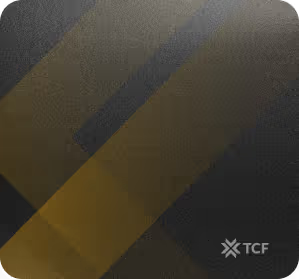If you’re preparing to launch on Kickstarter, chances are you’ve already hit a wall trying to find the right marketing help. The landscape is full of agencies making bold claims, charging hefty fees, and offering little clarity on what you’ll actually get or whether it’ll work.
This guide is here to change that. Whether you're a solo founder, part of a lean startup team, or leading your first product launch, you’ll find a clear, up-to-date breakdown of the top Kickstarter marketing agencies in 2025. We’ll cover what each one offers, what they’ve actually achieved, how they price their services, and who they’re best suited for.
You’ll also get a side-by-side comparison chart, key red flags to avoid, and answers to the questions most creators ask before choosing a partner. Our goal is to help you make a confident decision and launch with a team that actually knows how to deliver.
[[cta2]]
How to Choose a Kickstarter Agency
Not every agency is built for every campaign. Some specialize in pre-launch funnels, others are full-service machines. Some work on commission, others charge steep upfront fees. The best fit depends on your product, budget, timeline, and how much you want to stay hands-on.
Here’s what to consider before reaching out:
- Scope of Services
Some agencies handle everything: strategy, copy, creative, media buying, email marketing, landing pages, campaign page design, press outreach, and influencer coordination. Others stick to a narrow lane like ads or lead gen. Be clear on what you need and check whether the agency covers those channels in-house or outsources them.
- Team Structure and Expertise
Are you working with specialists or a single account manager juggling ten clients? Do they have media buyers, copywriters, designers, and funnel strategists who’ve run actual Kickstarter campaigns or are they repurposing general marketing knowledge? Ask who’s on your team and how much crowdfunding experience they bring.
- Pricing and Fee Structure
Agencies may charge a flat project fee, a performance-based commission, a retainer, or some combination. Make sure their pricing model aligns with your goals and ask what’s included versus what’s extra (landing page builds, product photography, or influencer campaigns, for example).
- Minimum Ad Spend
Many agencies require a baseline ad budget, often $10K or more. Know this number upfront so you’re not caught off guard.
- Product and Category Experience
If you're launching a piece of wearable tech, you don't want an agency that’s only worked on board games. Look for campaigns in their portfolio that match your product type, price point, and target audience. Category knowledge means better targeting, copy, and conversion rates.
- Creative Control and Transparency
How much say will you have over messaging, ads, and visuals? Will you get access to dashboards and real-time performance data, or will you get weekly email updates with little context? You want partners, not gatekeepers. Treat this like a Kickstarter checklist item: know exactly what tools, reports, and controls you’ll have before launch.
- Post-Campaign Support
Do they help with ecommerce transition, shipping updates, press follow-up, or paid traffic after the campaign? Some agencies disappear once the funding goal is met. Others stay on to help build a brand.
Think of this section as your filter. Keep it in mind as you go through the agency breakdowns to help you spot the ones built for your launch and skip the ones that aren’t.
Top Kickstarter Marketing Agencies at a Glance
Detailed Feature Breakdown of Leading Kickstarter Marketing Agencies
1. TCF
Best for: Founders aiming to raise $300K+ who want a high-performing team to lead strategy, execution, and scale.
TCF is one of the most respected Kickstarter marketing agencies in the space, with over $35M raised across campaigns. Their model goes beyond surface-level services: each project gets a fully embedded team of 15–25 specialists covering strategy, ads, copy, creative, community, influencers, email, and more. This hands-on approach has powered multiple seven-figure launches and helped founders build long-term brands.
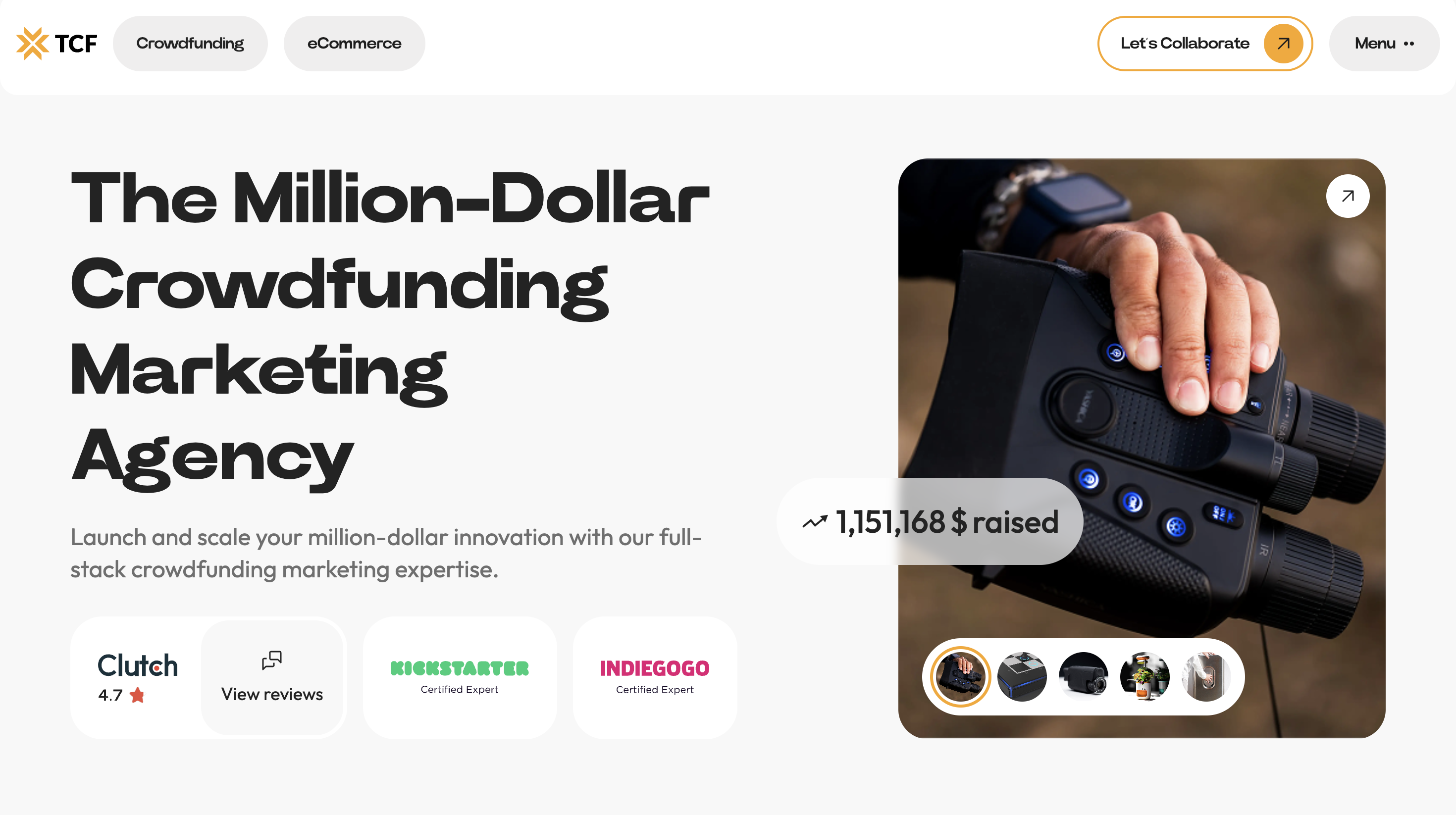
What sets TCF apart is how they tailor everything around the product and audience. From pre-launch funnel building to live campaign management, they move fast, stay accountable, and remain closely aligned with your goals throughout the process.
Best known for: End-to-end execution across paid ads, PR, influencers, and conversion-focused creative.
Notable campaigns: Circular Ring 2 ($1.3M+), AEKE K1 ($1.1M+), Night Storm X1 ($1.0M+), UVMask ($3M+)
Pricing: Custom project-based fee with performance incentives. Paid media budget is separate and aligned to campaign goals.
Watch out for: TCF invests deeply in each project, so they expect the same from clients. They’re selective with what they take on and prioritize strong founder-agency alignment.
TCF is the agency you call when you want experience, scale, and a team that knows how to deliver.
2. LaunchBoom
Best for: Founders who want a plug-and-play strategy and are prepared to produce creative assets and manage day-to-day ads with guidance.
LaunchBoom is known for its systematized Kickstarter launch method built around the $1 reservation funnel. The idea: test early interest, validate messaging, and drive day-one conversions with a list of pre-qualified backers. They claim a 97.8% success rate and over $125 million raised, making them one of the most visible agencies in the space.

Redditors often describe LaunchBoom as a “well-oiled machine,” especially for teams that thrive on structure. Their LaunchKit program teaches founders to build their own funnel and ad campaigns, while the full-service offer brings more hands-on support, but still expects active collaboration. Many campaigns raise significant amounts, especially in tabletop, gadgets, and lifestyle categories.
Best known for: Structured funnel building, Meta ad strategy, and a repeatable system for early momentum.
Notable campaigns: The Crooked Moon ($4.02M), Polycade Sente ($1M+ day one), SES Pro ($4.9M)
Pricing: LaunchKit from $4K–$10K. Full-service starts at $25K+ plus ad spend and a percentage of funds raised.
Watch out for: Reddit feedback highlights that success can be hit-or-miss depending on product-market fit and founder execution. Some users said they “followed the system exactly” and still missed their goal.
LaunchBoom offers a reliable framework, but it’s not a done-for-you service. It works best for organized teams who prefer control over every step. If you’re looking for a fully embedded team driving strategy, creative, media, and messaging, LaunchBoom may feel more like a toolkit than a partner.
3. Jellop
Best for: Campaigns already gaining traction that need scaled ad traffic from a specialist team with deep Kickstarter platform knowledge.
Jellop is one of Kickstarter’s most visible ad partners, specializing exclusively in Meta, Google, and email marketing for live crowdfunding campaigns. They’ve worked on over 6,000 Kickstarter campaigns and claim to have helped raise more than $1.3 billion since 2015.

Their model is purely performance-based: no setup fees, no long-term contracts. You cover the ad spend, and they take a cut of what their ads bring in, typically 15% of attributable pledges, though discounts apply for higher daily ad budgets. They build and manage ad campaigns using your supplied assets, launching up to 40 ad variants to optimize performance in real time.
Best known for: Paid ad execution during live Kickstarter campaigns, with a focus on Meta, Google, and email.
Notable campaigns: Exploding Kittens, The Perfect Notebook, EcoFlow RIVER series
Pricing: ~15% of ad-attributed pledges, plus separate ad spend (typically 7.5–12.5% of total raise).
Watch out for: Jellop is not full-service. They don’t handle creative, PR, or pre-launch work. Some creators report weak ROAS, especially if product fit, audience targeting, or assets aren’t strong. Feedback also mentions lack of transparency, exclusivity clauses, and security concerns around account access.
In Reddit discussions, experiences range from “high ROAS and great reach” to “lost money and got no accountability.” Their model rewards campaigns that are already performing well, but for creators who need strategy, positioning, or multi-channel support, an embedded team may offer more upside and less guesswork.
4. Rainfactory
Best for: Hardware and lifestyle brands looking for a methodical go-to-market plan across channels. Especially strong fit for U.S.-based teams launching premium gadgets or fitness tech.
Rainfactory is a full-service crowdfunding marketing agency with deep experience in launching tech-forward products on both Kickstarter and Indiegogo. Known for their “crawl, walk, run” approach, they build momentum through pre-launch funnels, paid ads, landing page optimization, influencer outreach, and long-tail post-campaign support.

They’ve supported dozens of high-profile campaigns and claim to have driven over 30 seven-figure campaigns. Their strength lies in marrying creative execution with data-heavy media buying across Meta, Google, and TikTok.
Best known for: Smart, scalable Kickstarter advertising that turns pre-launch demand into real-time campaign momentum.
Notable campaigns: Park & Diamond ($3.08M), Atari VCS ($3.05M), Lumen ($2.35M), mifold ($2.64M), and Jibo ($3.66M)
Pricing: Lead-gen services start at $1K. Full-service campaigns vary, often working on blended or tiered pricing tied to spend and performance. Most campaigns allocate 10–20% of the goal to marketing.
Watch out for: Rainfactory’s depth and process are respected, but outcomes vary depending on product fit and team collaboration.
While Rainfactory excels in building clean funnels and scaling spend, they operate more like a structured service provider than an embedded team. For brands seeking daily hands-on execution, brand storytelling, and campaign-level ownership, Rainfactory might not be the ideal fit.
5. Agency 2.0
Best for: Founders looking for a hands-off experience with full-service production and campaign oversight.
Agency 2.0 is one of the longest-running full-service crowdfunding marketing firms, known for handling nearly every aspect of a campaign under one roof. Their offerings include concept development, ad creative, high-end photography and video (via their in-house Coming Soon Studios), page design, copywriting, lead-gen funnels, influencer outreach, PR, and post-campaign marketing.

Their client base spans tech hardware, e-bikes, smart devices, and tabletop games, with many projects hitting 200–1,000%+ of their funding goals.
Best known for: All-in-one execution with strong in-house production and launch-day firepower.
Notable campaigns: Sondors eBike ($7.4M), Omnicharge ($3.66M), Micro Drone 3.0 ($3.6M)
Pricing: Starts around $5,000 for services, with an additional commission model based on performance. They also offer a lower-cost “Ad Accelerator” option for budget-conscious teams.
Watch out for: Reports of serious disputes around withheld funds and client communications have surfaced over the years. Some Reddit users and articles describe missed handovers and lack of transparency. Due diligence and direct outreach to past clients is highly recommended before committing.
6. Backercamp
Best for: European brands and global campaigns looking for a tech-powered, full-funnel approach with ecommerce continuity after funding.
Backercamp is a European crowdfunding agency based in Barcelona, known for its performance-driven marketing model and tech-enabled infrastructure. They cover every stage of a campaign with a focus on full-service efficiency: strategy, analytics, digital ads, influencer outreach, post-launch ecommerce, and even Shopify integration.

Their portfolio spans gadgets, fashion, tabletop games, fitness gear, and design accessories, often pushing multi-million funding totals.
Best known for: A tech-driven, global approach to promote your Kickstarter campaign, staying supported well beyond the funding phase and Shopify transition services.
Notable campaigns: OYO NOVA Gym ($6.4M), La Mansio Modular Bag ($3.73M), Dungeon Alchemist ($2.46M)
Pricing: Not public. Custom pricing and performance-based “Partner Program” options. Some sources estimate starter packages around $5,000.
Watch out for: Communication issues have been reported, some creators mentioning being ghosted mid-process or rejected without clear feedback. Like many agencies, they tend to prioritize campaigns with six-figure potential, so smaller creators may be turned away or deprioritized.
7. Funded Today
Best for: Creators with a strong product-market fit who want to go big and are comfortable giving up a significant share of revenue.
Funded Today is one of the most well-known names in crowdfunding marketing, largely due to its aggressive outreach and long history in the space. They offer a full suite of services like campaign strategy, ad management, video, design, PR, and influencer marketing, with a pitch centered on turning promising campaigns into seven-figure hits.

Their site claims to have helped raise over $620M across thousands of campaigns. Their model focuses heavily on paid advertising and rapid traffic scaling, making them a go-to for campaigns with broad, mass-market appeal.
Best known for: Scale and speed. They can bring serious ad volume and visibility if the campaign meets their internal thresholds.
Notable campaigns: Prynt Pocket ($1.57M), Ridge Wallet ($1.23M), Shower Power ($1.18M)
Pricing: Requires a due diligence fee (commonly reported around $2,000–$2,500), plus a 30–35% commission on pledges.
Watch out for: Numerous creators have shared negative experiences around lack of transparency, poor communication, and disappointing results. Funded Today tends to work best with already-validated campaigns, and may not give smaller or underperforming projects much attention. Proceed carefully and get terms in writing.
Hidden Costs, Red Flags, and Contract Traps
Not all agencies are upfront about how they operate. Before signing anything, it’s important to know what to look for, because once the contract is locked, getting out (or getting your money back) isn’t easy.
- Vague performance terms: some agencies promise big results without defining what success actually means. If “ROI” or “launch support” isn’t clearly outlined, ask for specifics. Get benchmarks, deliverables, and timelines in writing.
- Mandatory ad spend: a $5K base fee can balloon into $25K once you factor in mandatory ad budgets, creative production, and platform fees. Always confirm what’s included and what isn’t.
- Long lock-in periods: beware of contracts that tie you up for the full duration of your campaign (or beyond), even if performance drops. Look for flexibility, trial phases, or performance-based clauses.
- Ownership and access: some agencies run ads through their own accounts, meaning you lose all data, audiences, and insights after the campaign ends. If you want long-term control, make sure you retain access or have clear terms about data handover.
- Revenue share stacking. That 20–30% success fee might only cover one part of the agency’s services. Additional “partners” or third-party vendors often take a cut too, stacking fees on top of each other. Ask who’s involved and how payment is split.
- Overpromising on underbaked assets: Agencies eager to close a deal may tell you your page, product, or Kickstarter video is “launch-ready” when it isn’t. If you haven’t validated demand or built a pre-launch list, no marketing push will fix that.
A good agency will walk you through all of this before you have to ask. If something feels rushed, vague, or overly salesy, step back and dig deeper.
Conclusion
Hiring a Kickstarter marketing agency is a big move. It means trusting someone else with your timeline, budget, and funding outcome. Our guide gives you a closer look at what each agency offers, how they operate, and what to ask before making a decision.
TCF is a strong choice for founders who want a committed, full-scale team with proven results. Their structure, track record, and execution style align with campaigns aiming for real growth and high performance.
As you move forward, review contracts carefully, ask about deliverables, and get clarity on pricing and expectations. The right partner will welcome questions, share examples, and be upfront about what success looks like.
Go in prepared, stay involved throughout the process, and work with a team that’s equipped to help you meet your goals.
[[cta2]]


.png)
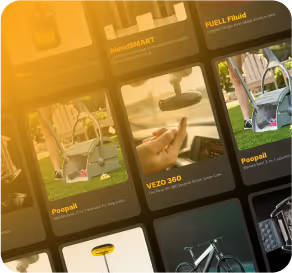

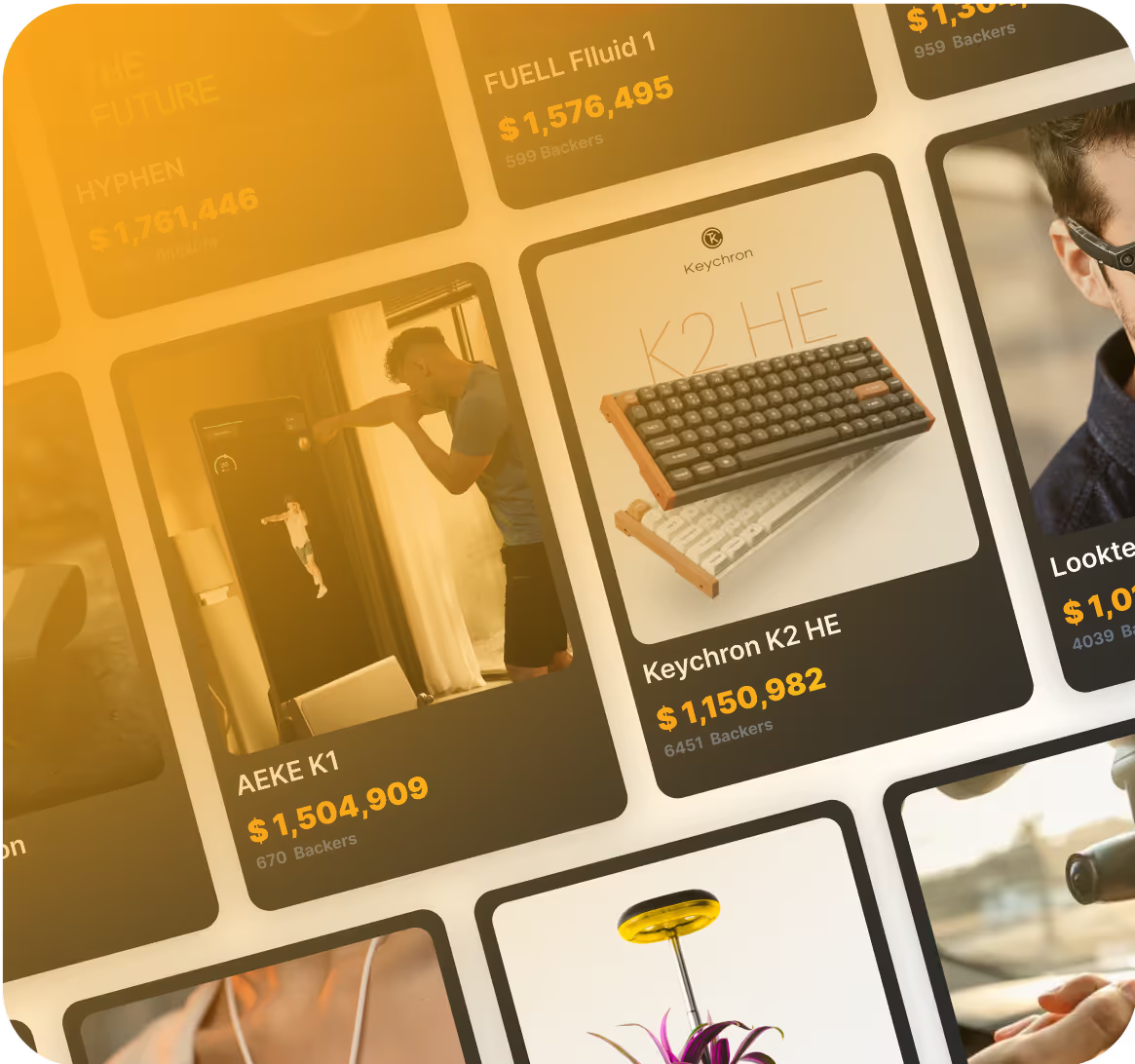
.avif)
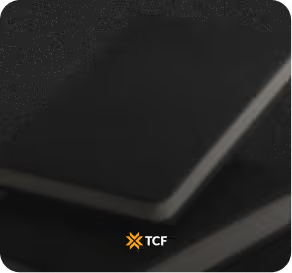
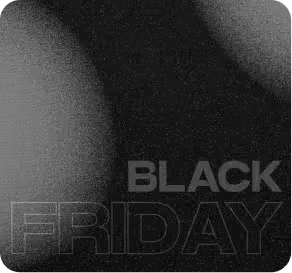
.avif)
